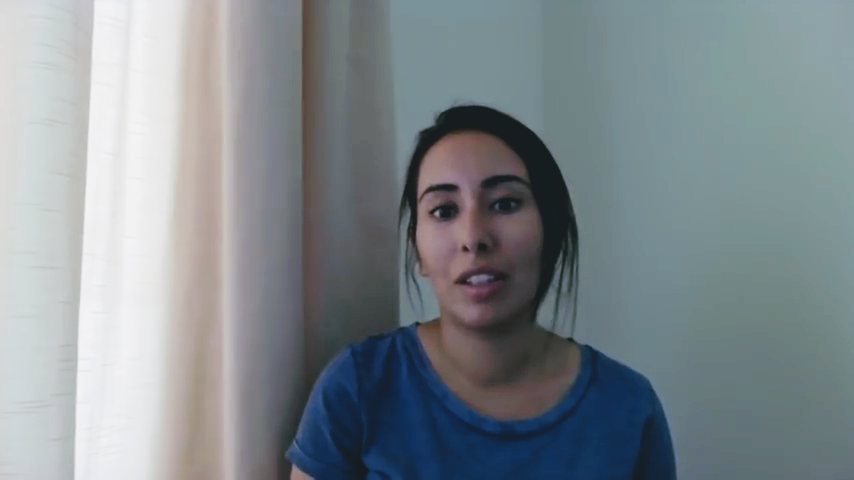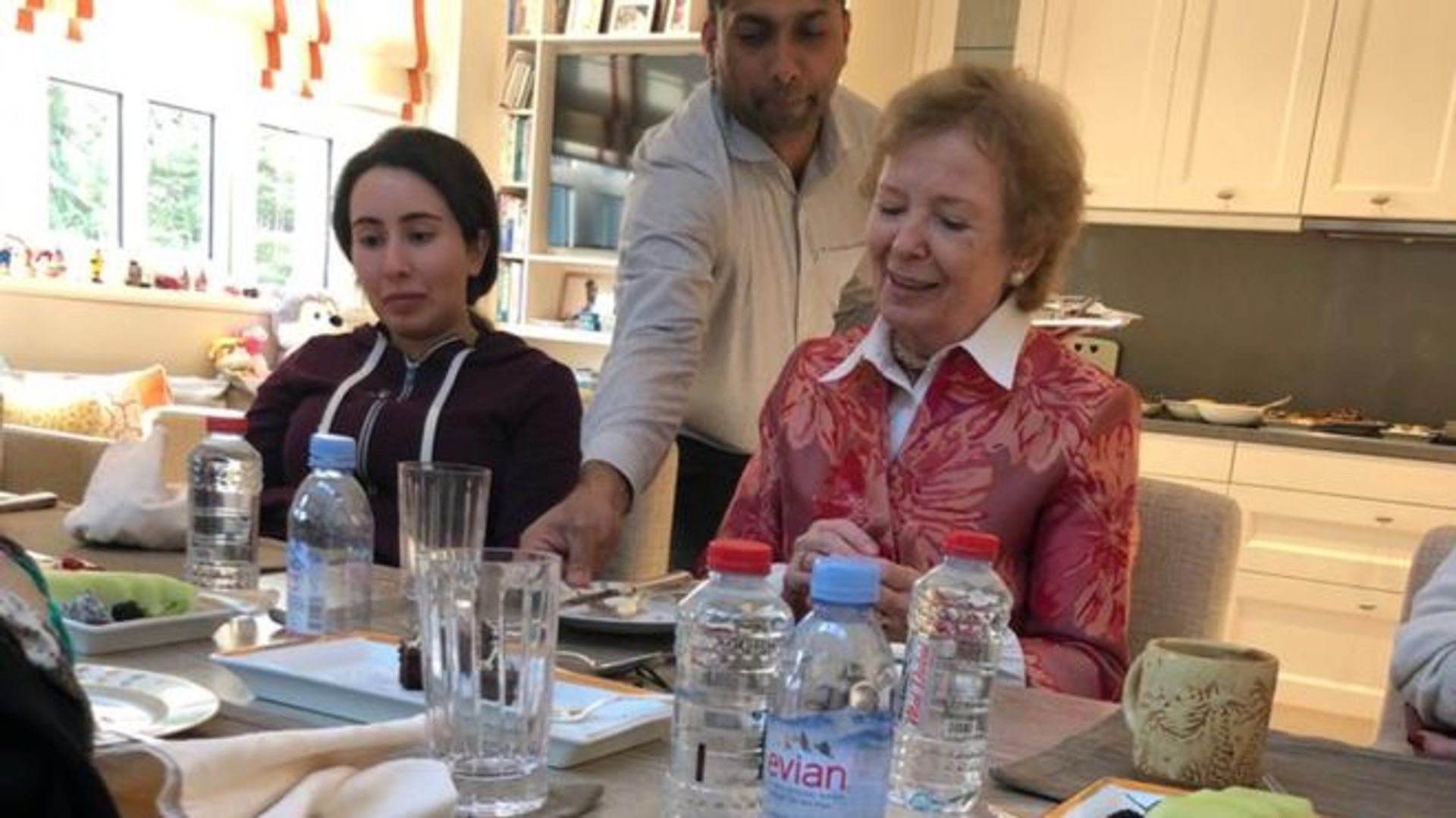The Wire Staff
December 28, 2018, The Wire
Mary Robinson said Sheikha Latifa, who has not been seen publicly since March, regretted making a video in which she claimed she was confined and tortured by her family.

New Delhi: Former UN rights chief Mary Robinson has been accused of backing Dubai’s version of events over princess Sheikha Latifa, who claimed she was confined and tortured by her family.
The princess is the daughter of Dubai’s ruler Sheikh Mohammed Bin Rashid Al Maktoum. Robinson met her recently in Dubai and told BBC Radio that she was a “troubled young woman”. Latifa was missing for several months after she tried to flee from her father and trying to migrate to the US via India. Her plan was reportedly came to an end after Indian forces stormed the boat she was on upon a request from the UAE. The operation is said to have been cleared at the highest level of the Indian government.
On December 6, following a BBC documentary that discussed her condition, the Dubai Ruler’s Court said Latifa, who was not seen publicly since March, was ‘safe’ with her family in the emirate.
Robinson claimed Latifa regretted making a video in which she alleged confinement and torture.
Also Read: Indian Action Under the Scanner as UN Special Rapporteur Probes Fate of Dubai Princess
Radha Stirling, head of Detained in Dubai, a rights group, said questions remained about the princess’s welfare.
“Anyone familiar with Princess Latifa’s story who listened to the BBC Radio interview today with Mary Robinson will be astonished at the extent to which Mrs Robinson appeared to be reciting almost verbatim from Dubai’s script,” she told BBC.
“What we heard today was Mary Robinson essentially reciting for BBC Radio listeners the content of the statement issued by the Dubai ruler’s court.” She added, “This meeting in no way satisfies me that she [Sheikha Latifa] is free from the abuse that she told me she had suffered for years.”
Though the UAE said Latifa was living at home with her family, international human rights groups have asked authorities to prove her safety. Earlier this week, the UAE foreign ministry said it sent a communiqué regarding Latifa to the UN human rights office.
It also released images showing Latifa alongside Robinson, the former UN High Commissioner for Human Rights and former president of Ireland. The images were said to have been taken on December 15 in Dubai.
Robinson told BBC Radio 4 that she was invited by princess Haya, wife of Dubai’s ruler, to “help with a family dilemma”.
“The dilemma was that Latifa is vulnerable, she’s troubled. She made a video that she now regrets and she planned an escape, or what was part of a plan of escape,” Mrs Robinson said.
“I had lunch with her. She’s a very likeable young woman but clearly troubled, clearly needs the medical care that she is receiving.”
Robinson said the princess was suffering from “a serious medical situation” and receiving psychiatric care, but did not elaborate. She said her family didn’t want her to “endure any more publicity”.

India’s role in Latifa’s disappearance
As The Wire had earlier reported, Indian commandos stormed the boat that Latifa was on and handed her over to authorities from Dubai.
The detention and extradition of Chrisitan Michel, the alleged middleman in the AgustaWestland VVIP chopper deal, is also said to be part of a quid pro quo between Indian and Dubai. Radha Stirling, the CEO of Detained in Dubai who is representing the princess, claimed that Michel’s detention was a favour returned for the help extended by India in locating and returning the princess to the UAE.
“India is seeking the extradition of Christian Michel in connection with a high-profile financial scandal; but rather than pursuing the normal legal channels, Indian authorities have travelled to the UAE to request Michel be handed over to Indian custody in what appears to be an expectation of reciprocity,” she said.